
The Lord is hidden in His commandments and is revealed to the extent that those who seek Him keep those commandments.

The Lord is hidden in His commandments and is revealed to the extent that those who seek Him keep those commandments.
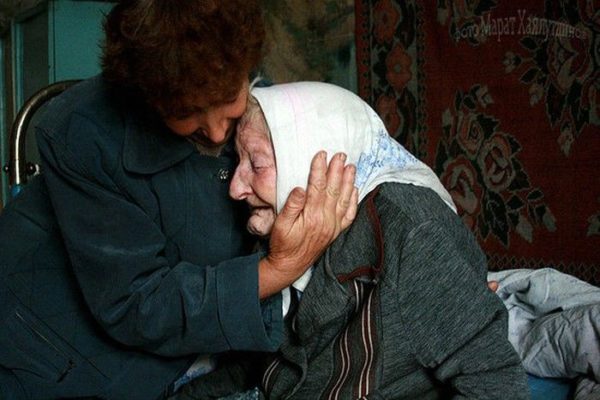
Those who suffer temptations with calm, patience and gratitude to God receive great benefit from their trials. They suffer in the body, but then they won’t suffer in the soul. They suffer for a certain period of time, but will then live in eternal bliss.
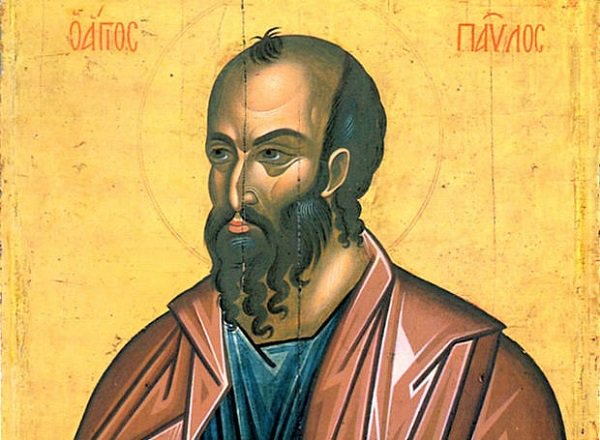
Saint Paul’s 1st Epistle to the Corinthians is the richest in terms of the number of issues he addresses. Among the many subjects the Corinthians asked him about was that of eating or not eating food offered to idols, that is the meat remaining after an animal had been sacrificed to the gods. Because there was usually so much of this meat, it was given to the butchers or distributed as food at the ‘idoleum’, the temple and its surrounding area. There were opportunities for this every day (festivals, fairs, weddings, funerals and so on), and the obvious social commitments on the part of Christians towards their fellow-citizens would have meant that they had to take part in such events. In ...
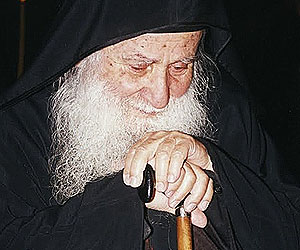
The title of this speech in Greek is ‘Περί ταπεινώσεως και ταπεινοφροσύνης’. An Elder has explained the difference as being that ‘ταπεινοφροσύνη’ is an attitude of mind (hence ‘humble outlook’), while ‘ταπείνωσις’ (‘humility’) is from the heart. In practice, however, the terms are often used interchangeably. Without question, the Scriptures as a whole, as well as Patristic philosophy, are ‘seasoned with salt’, as it were, garlanded with the good mother of the virtues, the humble outlook. This is particularly noticeable at the points related to the behavior and comportment of people living by the direct instructions to reach their destination and striving to put these into practice through repentance. In another homily, we referred to obedience as a virtue. Now we’re obliged ...

Acquisition of divine love makes us angels, immortal, incorruptible. The pure flame of love extinguishes all other desire for earthly longings. You get the impression that those who love God aren’t interested in anything else, not even nourishment, since they’ve tasted God and been sweetened by Him.

‘As you did it to one of the least of these my brethren, you did it to me’. In the parables used by the Lord, He repeats the phrase ‘the kingdom of heaven is like… (Matth. 22,2) that is, He compares the kingdom of heaven with ten virgins, with a precious pearl, with a field or a lost coin and so on. In today’s Gospel, he speaks in a parable, but shows a real situation and His own revealed self, which is why He says ‘when the son of man comes in his glory’ (25,31), which means that the reading fully expresses the truth concerning the final judgment of humankind. God’s mercy and our loving-kindness One property of God is His mercy. We’re ...
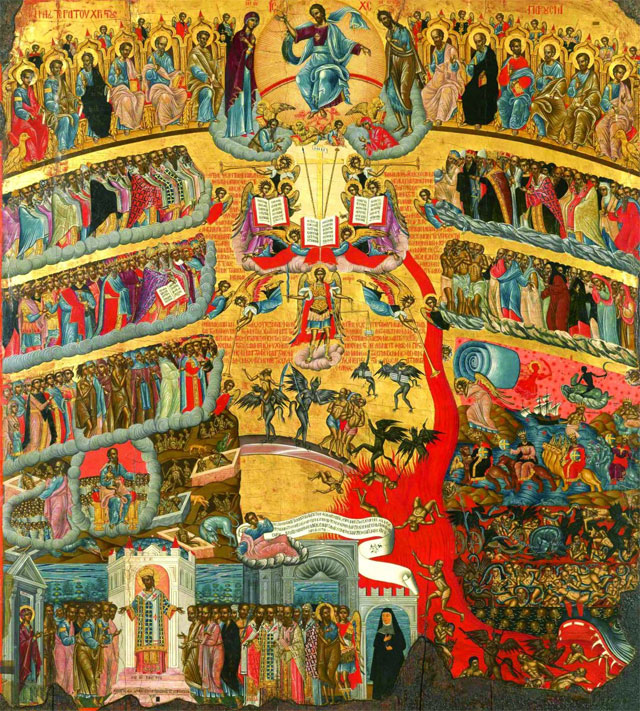
It’s an unshakeable and irrefutable truth that every day of our earthly life is- apart from anything else- another step that brings us ever closer to our biological death. Despite the fact that this is the most certain event which will occur to each and every one of us, rich and poor, powerful and weak, in everyday practice we nevertheless are forgetful of it. We underestimate it, so it no longer functions for us as a compass showing the bearings to our destination, which is its advent. In the Orthodox faith and theology, the truth isn’t a subject for our intellectual ingenuity, but has been revealed to the world as incarnate Self-Truth in the Person of Christ. It’s a matter of ...

Be very careful and strict regarding any feeling of pride. Pride manifests itself imperceptibly, particularly in moments of anger and irritation towards someone else, over something entirely insignificant. » Saint John of Kronstadt
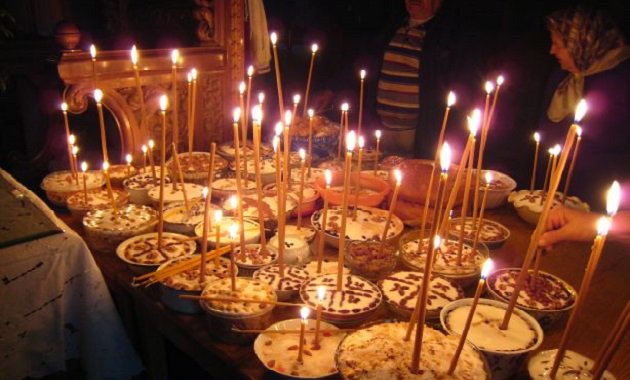
Our subject is ‘The Holy Memorial Services’, that is the supplications made by the Church on behalf of our departed brothers and sisters. Initially, we shall attempt to give a historical view of the subject, that is, a review of the tradition and practice of the Church regarding the services, from the beginning until they became established liturgical order. The reference to tradition in relation to our subject here, and in the case of all matters of worship, is not merely the result of historical curiosity but, rather, there is an important reason for pursuing it. It is in this way that we safeguard the legitimacy of our liturgical practice- in this case intercessions made by the Church for the ...

In their flesh, people are like a burning candle. The candle is destined to melt, as people are to die. But our souls is immortal, which is why we should turn our attention more towards it than to the body. ‘For what will it profit them if they gain the whole world but forfeit their soul? Or what will they give in exchange for their soul?’ (Matth. 16, 26). » Saint Seraphim of Sarov
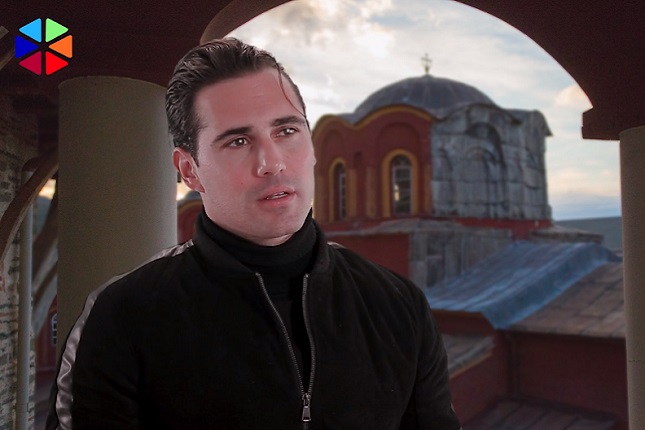
In the second part of his interview in Pemptousia Anthimos Ananiadis talks about the great worth of Orthodox Faith for every Greek’s soul and for every human being as well. God is teaching us respect and love for every person.
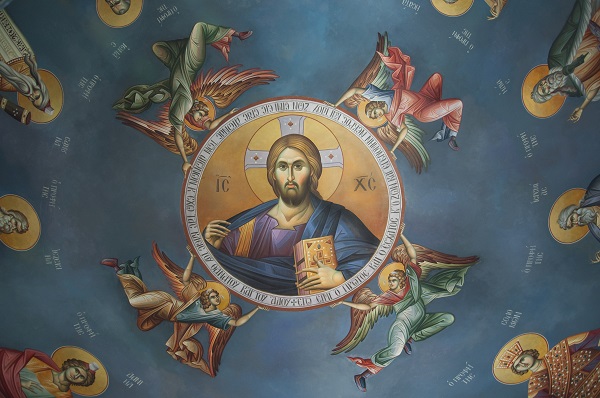
Avoid profligates, as well as profligacy. Avoid degenerates and also degeneracy.
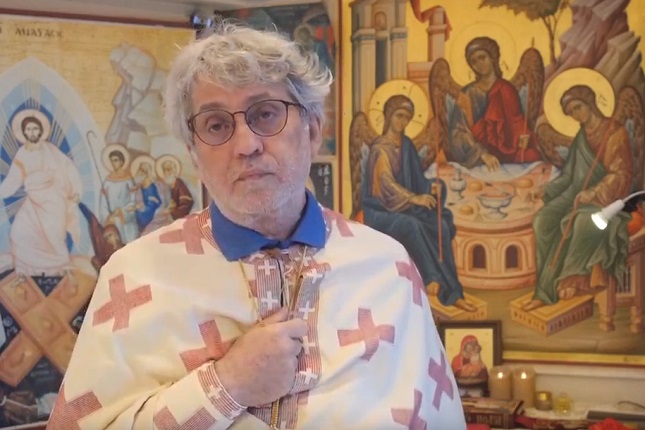
Fr. Jonah from Taiwan speaks on the parable of the prodigal son (Luke 15, 11-32).

Give your heart entirely to God, not to the world. Those who’ve given their heart to the world are enemies of God. » Venerable Païsios the Athonite
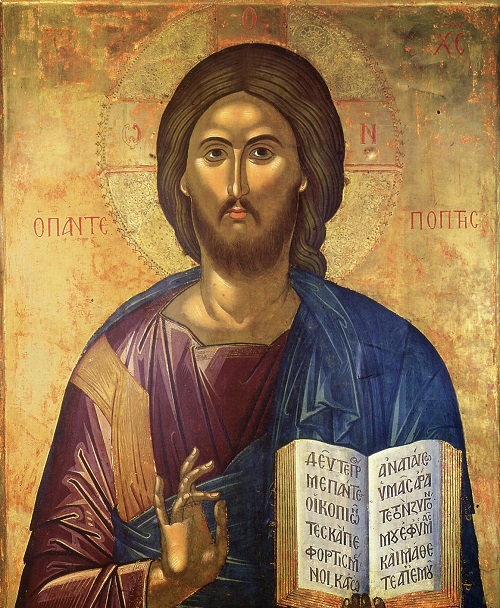
…Here is Paradise and Hell’s here, too (Greek folk song) … as the shepherd separates the goats from the sheep (the Gospel) There are many people, both in older times and now, who reject the metaphysical version of the continuation of our lives in a state of Paradise (perfect bliss) or of Hell (the agony of permanent and total loneliness). They therefore laugh at the folk-art engravings which depict Hell as a ‘pit’ of fire and bodily tortures and Paradise as a ‘garden’ with a freshly-mown lawn, full of beautiful flowers, where idle simpletons, replete with virtues, stroll around at their leisure. They claim that such notions are groundless and that therefore ‘Here is Paradise and Hell’s here, too’. But let’s look at ...
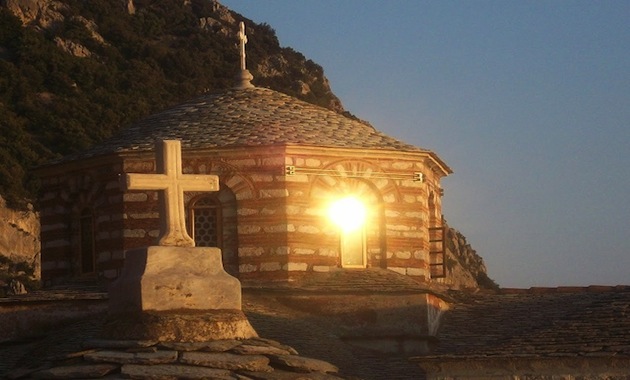
Spend your life wisely, live purely, repent, pray not to be surprised by sudden death and God’s dread anger. Many people have lain down to sleep and not risen again. We, too, lie down and don’t know if we’ll wake the next morning.
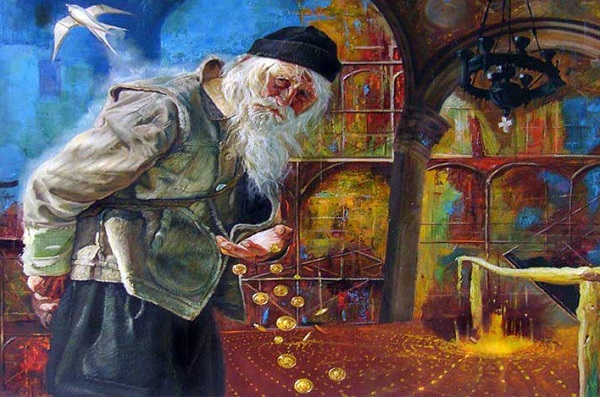
Among the many saints- that is, the people who loved Christ, ‘with all their heart’ and expressed their love through self-denial and shouldering their cross- there are those we know as ‘fools for Christ’. Usually monastics, they present themselves to the world as mad, opposed to common sense, saying and doing things that make them look senseless and immoral. But this behaviour concealed their faith, gifts, sanctity and freedom from the passions. This type of asceticism was a call from God, not a personal choice. It was a special gift given to certain people for a particular reason in a particular society. In most cases this was a society which, in Christian terms, had become secular, had lost the true meaning ...

Just as the body can’t survive without nourishment, neither can the soul without the divine word. It dies eternal death. If the soul dies, the damage is incalculable.
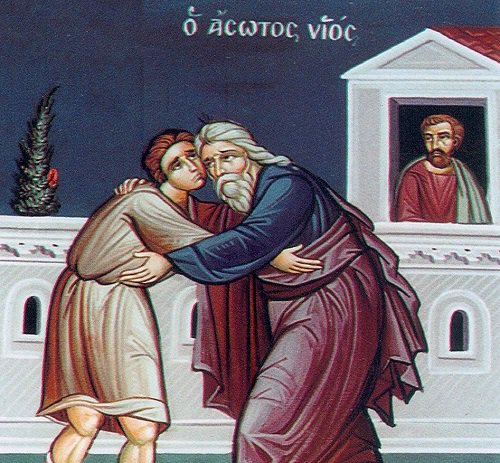
‘And the younger of them said to his father: “Father, give me my share of the inheritance’”. One of the best-known and most popular Gospel readings is the parable of the Prodigal Son. Although it’s known as the ‘parable of the prodigal’, which intimates that the younger son will be the leading figure, our attention usually centres on the mercy of the father or the callousness of the elder son, who chose not to share in the celebrations over the return of his prodigal brother because he found the love and forgiveness shown by his father to be unacceptable. Both of these persons certainly carry considerable weight in the parable. On the one hand, in the figure of the father, Christ portrays ...

The secret is to seek union with Christ unselfishly, without saying ‘Give me this or that’. It’s enough to say ‘Lord Jesus, have mercy on me’. God doesn’t need to be told about our various needs. » Venerable Porphyrios of Kavsokalyvia